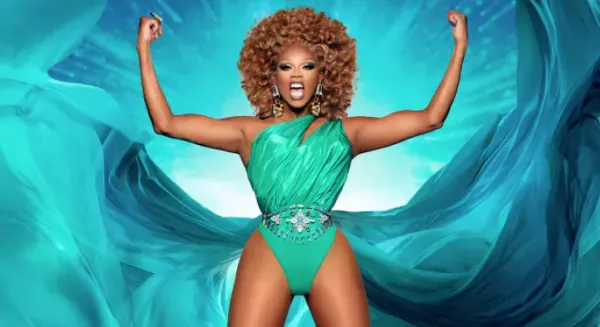Is sexual compatibility a deal-breaker?
The results of our survey are in.

One of the common questions you encounter when navigating the world of LGBTQ dating is “What are you into?” or the more binary approach of “Top or Bottom?”
But how important is sexual compatibility when it comes dating and relationships? We asked the readers of Means Happy to find out.
The survey about gay men and sexual compatibility
107 readers responded to our survey. Here’s what they told us.
Which of these statements most accurately describes your experience:
- I really enjoy receiving anal sex (bottom): 38%
- I really enjoy giving anal sex (top): 18%
- I really enjoy both giving and receiving anal sex (versatile): 28%
- I don’t mind anal sex but I prefer to do other things when having sex: 6%
- I really don’t like anal sex and avoid it when I can or always avoid it: 10%
“I’m versatile, but it depends on my mood and the person I’m having sex with - sometimes all I want to do is bottom, or I may want to top. I prefer to go with the flow, and prefer partners who do the same. So-called top-only and bottom-only guys make sex boring.”
“I have tried anal sex several times - both giving and receiving - and I know that it’s definitely not for me.”
“Saying I enjoy anal sex is a huge understatement. I’m considered a power bottom.”
“I would call myself a relationship bottom - I enjoy bottoming, but on a hook-up I find it very difficult to, well, let a guy in.”
Has your preferences regarding anal sex ever had a negative effect on your dating or hook-ups or relationships?
- Yes: 28%
- No: 59%
- Unsure: 13%
“I don’t like it when a guy I meet for the first time asks whether I’m a top or a bottom. First, that’s rude. Second, I’ve yet to meet a guy asking such questions who asks me the third option - am I versatile? Sometimes I’ll answer the dude’s question but add that I’m not into guys who are only a bottom or a top, no matter how good looking that dude may be or how horny I happen to be.”
“Some men just don’t understand that another gay man might not be into anal sex. I’ve missed out on a few dates because of this. They just can’t deal with it.”
How important is sexual compatibility in a gay relationship?
- It’s a deal-breaker: 34%
- It’s important but not a deal-breaker: 58%
- It’s not that important: 8%
“If I found an emotionally compatible but not sexually compatible partner then I’d consider an open relationship.”
“My husband and I aren’t very sexually compatible and we’re still together after 20 years.”
Key take-outs
- 10% of respondents don’t really enjoy anal sex and prefer to avoid it if possible.
- 28% of respondents feel that their preferences regarding anal sex have negatively impacted their sexual encounters.
- 34% of respondents report that not being sexually compatible with a prospective partner is a deal-breaker when it comes to dating and relationships.
What's the difference between sexual compatibility and relationship compatibility?
What do you do when you meet someone who you feel is right for you in terms of having a relationship with, but then it turns out that you're not that compatible when it comes to sex.
This is a fairly common scenario. A challenge in terms of sexual compatibility may be something that you're aware of from the beginning, or it might be something that develops over time. You're two different people - it's unlikely you're always going to want the same thing and you'll each evolve in different ways.
Let's take a look at some of the options that a gay couple may explore if they realise that they're not sexually compatible.
End the relationship
If the sex isn't working, then you may decide to break up. You might decide that connecting sexually with each other is fundamental to your relationship, and that if you don't have that then you may as well go your separate ways.
Invest in the relationship
If you've got good communication within the relationship, you may be able to identify that you're having challenges with sexual compatibility and put in place strategies to navigate through that. Maybe you'll seek some counselling, or maybe you'll try new approaches, but you've decided together that you're going to get your sex-life back on track.
Prioritise relationship compatibility over sexual compatibility
You might both acknowledge that the sexual aspect of your relationship isn't really working, but you place a higher value on the relationship dynamic between you than the sexual dynamic. Your relationship effectively becomes asexual, but that works for you both.
You meet your sexual needs outside of the relationship
If you've recognised that you're not sexually compatible, one solution is to agree to seek sexual satisfaction outside of the relationship. This is generally referred to as an open relationship - you're agreeing a framework that recognises that you have different requirements in terms of sexual needs and emotional needs.





